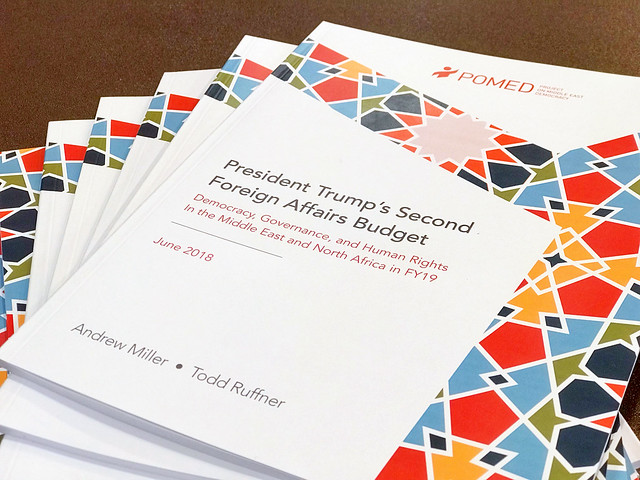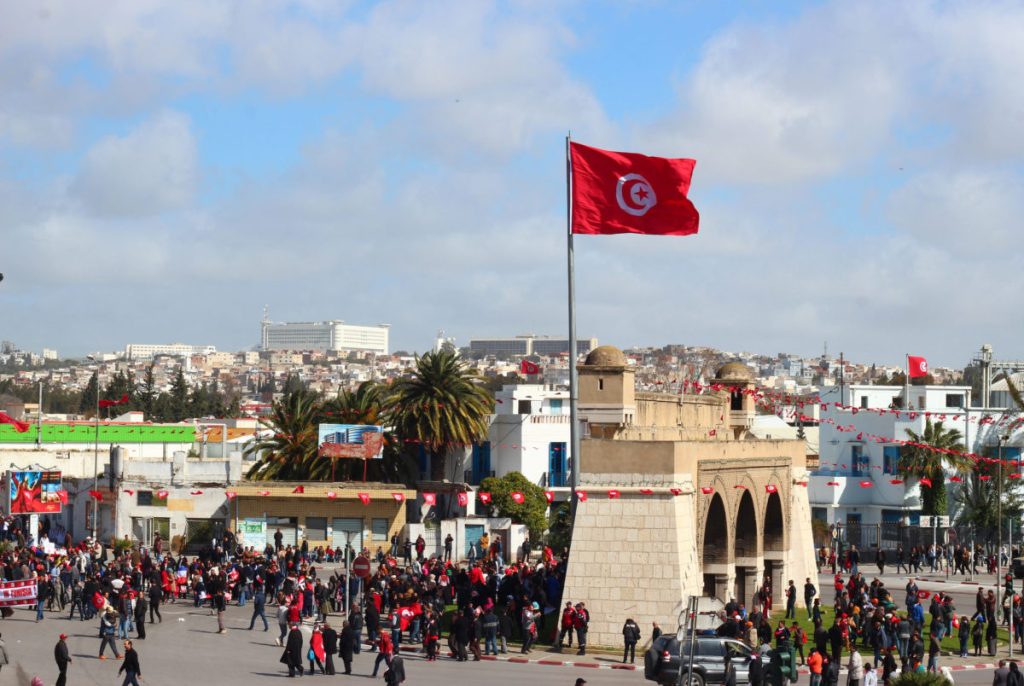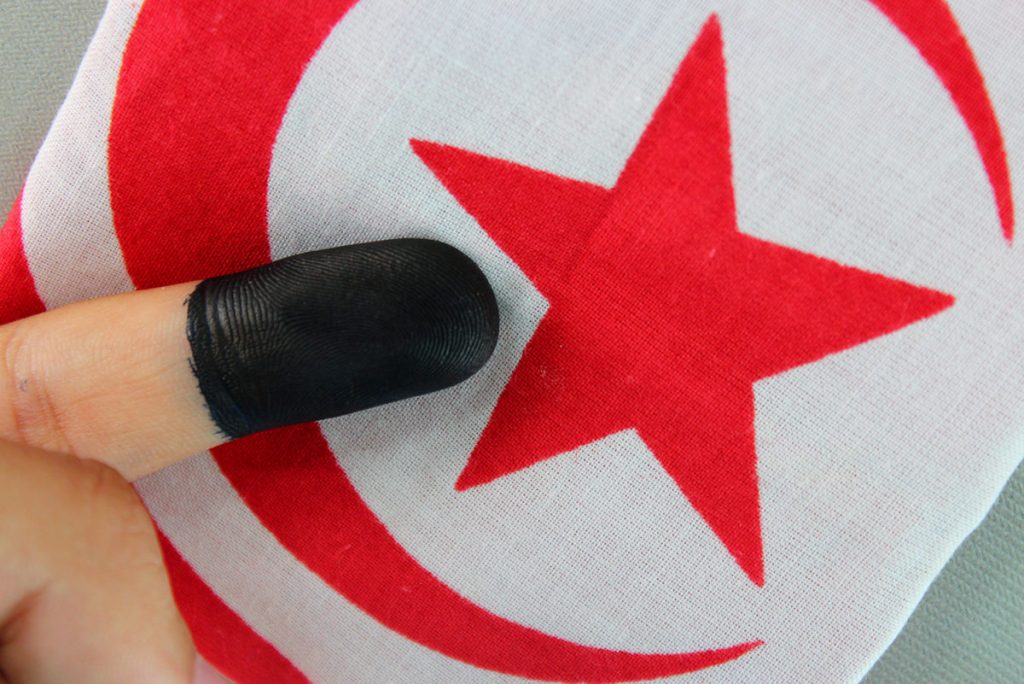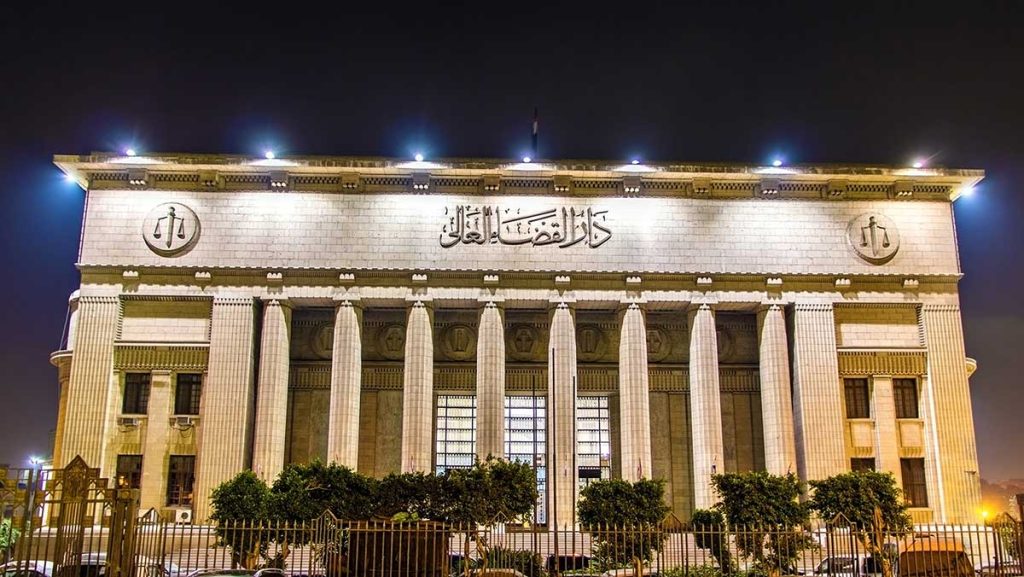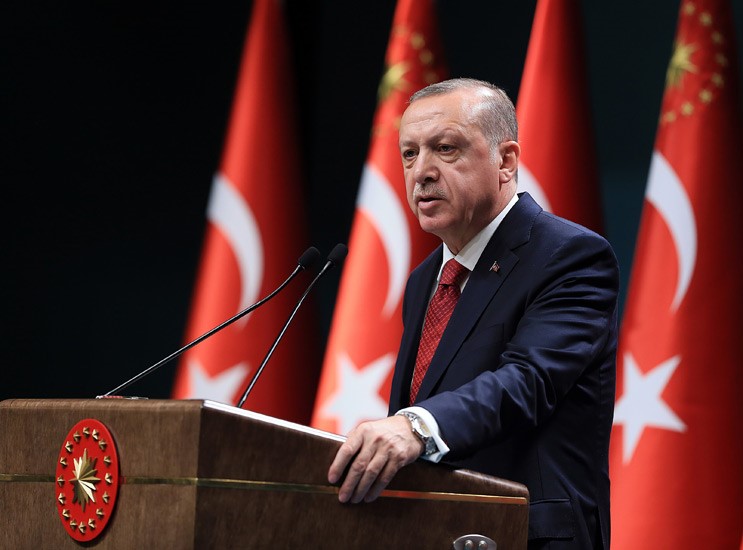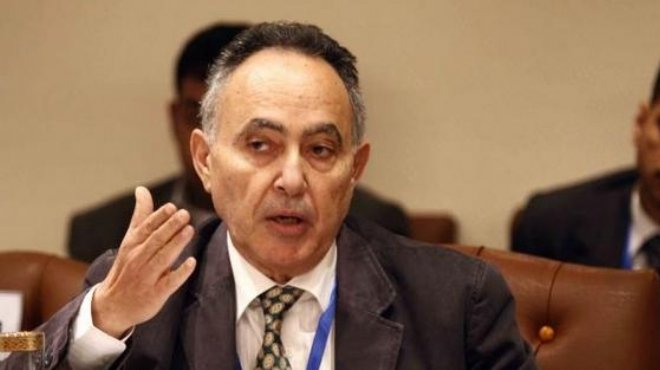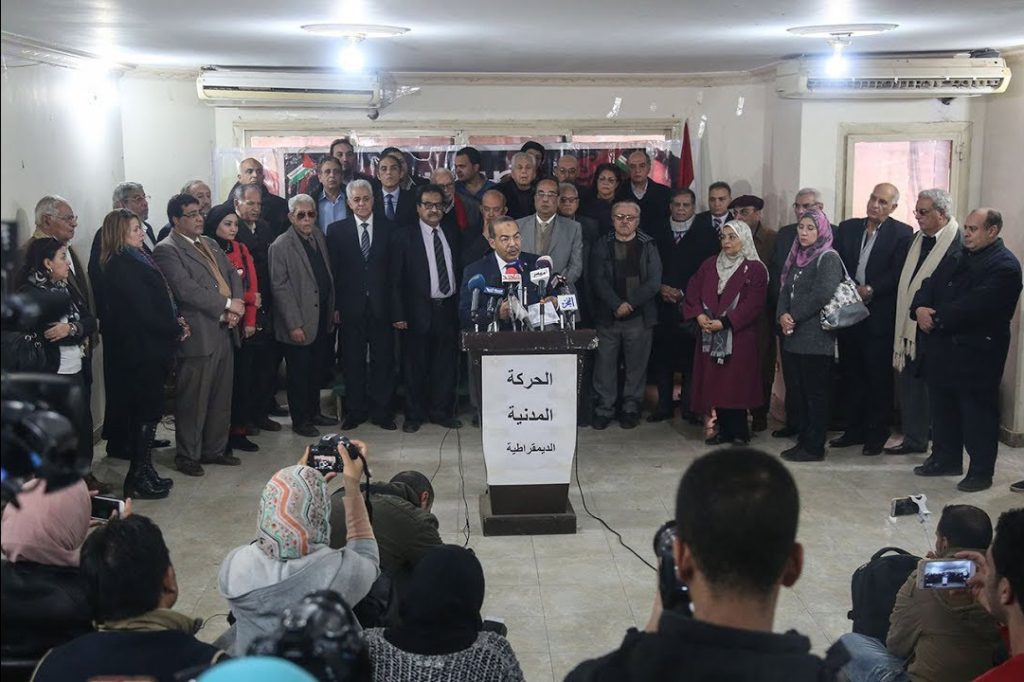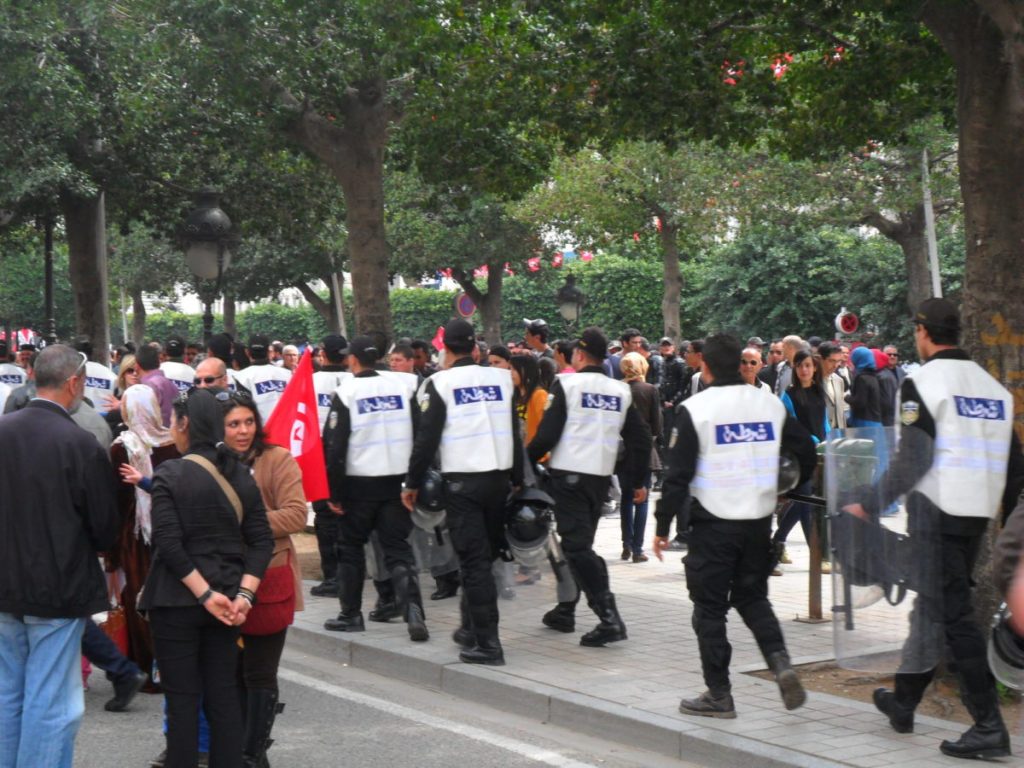Event Summary
America should continue to support the development of democracy in the Middle East despite the outcomes of recent elections in Palestine and Egypt, said scholars in a panel at Georgetown University on Feb. 21, 2006.
Both the voting process in Palestine and internal divisions in Fateh inflated the number of seats that Hamas received in the Palestinian parliament, said Daniel Brumberg, an associate professor of government at Georgetown University. In a society like Palestine’s, in which there is no consensus on major issues like the role of religion in governance, said Brumberg, the type of voting system used in this election is unlikely to create consensus and in fact may make divisions even more rigid.
Fateh was “unbelievably disorganized” in this election and disdainful of outside assistance, said Leslie Campbell, the Regional Director of Middle East & North Africa Programs at the National Democratic Institute. Members of the movement frequently expressed the feeling that “we’ll pull it off as we always have,” Campbell said, and kept waiting for someone to save them at the last minute.
Part of the reason that Hamas performed so well was the fragmentation of non-Islamic parties, Brumberg said. In several countries, he explained, liberalized autocracy as a system of government has fragmented the political opposition to ruling regimes, with the partial exception of religious-based parties. Political life in liberalized autocratic states has some degree of openness, and citizens have limited choices, Brumberg said, but the minimal amount of freedom provides no real political space for any alternative “third-way” to the regime on the one hand and to Islamists on the other.
In the past, the U.S. often faced a Hobson’s choice in these scenarios, said Campbell. America, seeing no alternatives to either the current regimes or the Islamic opposition, was reinforced in its determination to support existing autocrats. This vicious circle made it even less likely that alternatives could emerge. But President George W. Bush decisively changed this policy, Campbell argued, and dramatically increased funding for work with democrats in the Middle East.
This policy of supporting democracy has come under attack from both the left and the right with the victory of Hamas and the strong showing of the Muslim Brotherhood in Egypt, Campbell noted. To abandon democracy now would be fickle, he argued, in light of the fact that America has only boosted funding for democracy promotion programs over the last 18 months.
“We’ve only begun to head down this road,” he said, noting that the elections in Iraq and Palestine have faced the particular challenges that come with occupation. Campbell also argued that if the Palestinian elections had actually taken place on time, these elections would have been the third or fourth iteration of elections – and perhaps Fateh would have received an earlier wakeup call that would have spurred it to conduct a more effective campaign.
Middle Easterners want the chance to choose those who govern them, said Campbell, and reversing course to put free and fair elections out of bounds would put America in an untenable position. Instead, he suggested first that rather than looking at one election, the America should consider the results of successive iterations of elections, which tend to draw parties towards the center. Second, he argued that the U.S. must respect democratic outcomes, and that “below-the-surface talk of engineering new elections” was discouraging because Hamas won “fair and square.”
Trumpeting the virtues of democracy and then seeking to undo the results of the elections in Palestine is an example of American foreign policy that is rhetorically forward-looking but has become disconnected from Middle East realities, said Casimir Yost, the director of the Institute for the Study of Diplomacy at Georgetown University. Yost, who observed the recent elections in Palestine, argued that current American policy towards Hamas – to encourage it to abandon violence, accept Israel, and commit itself to the Oslo Agreements between Israel and the PLO – was likely to fail. When it does fail, Yost argued, the alternatives are not good – America will hopefully be able to muddle through, but more likely the situation will break down entirely.
To spur alternatives to authoritarian regimes and Islamist oppositions, Campbell argued that American democracy promotion organizations should redouble their efforts devoted to political party development. The National Democratic Institute spends only about 20% of its funds on political party development, he said, describing the endeavor as “a field that has barely been tried.” Brumberg later suggested that 80% of NDI’s money should be spent on political party development, as opposed to civil society programs that have received a great deal of funding but have proven less effective.
During the question-and-answer period, Tyler Golson, a student in the Arab Studies program, noted that during his time in Syria people frequently said they wanted democracy but didn’t want America to give it to them. In response to his question about how America should promote democracy and what democracy encompasses, Campbell stressed democracy’s basic procedural elements of genuine elections and political parties. Brumberg added that there is no consensus anywhere about what democracy means – casting doubt on the claims of dictators making relativistic arguments that a particular form of government is culturally-specific to their country.
The panel was co-sponsored by the Project on Middle East Democracy (POMED), Americans for Informed Democracy (AID) and Georgetown University’s Center for Contemporary Arab Studies (CCAS). It was moderated by Lauren Torbett, a joint J.D. / M.A. in Arab Studies student and Associate in The Project on Middle East Democracy (POMED).
“Counting Votes: U.S. Policy Towards Middle East Elections” was the fifth event for POMED, an organization dedicated to examining the impact of U.S. policy on political reform and democratization in the Middle East.
Event Details
Date: February 21, 2007
Panelists
Daniel Brumberg
Les Campbell
Casimir Yost
Downloads
Click here to read POMED’s full notes from the event.
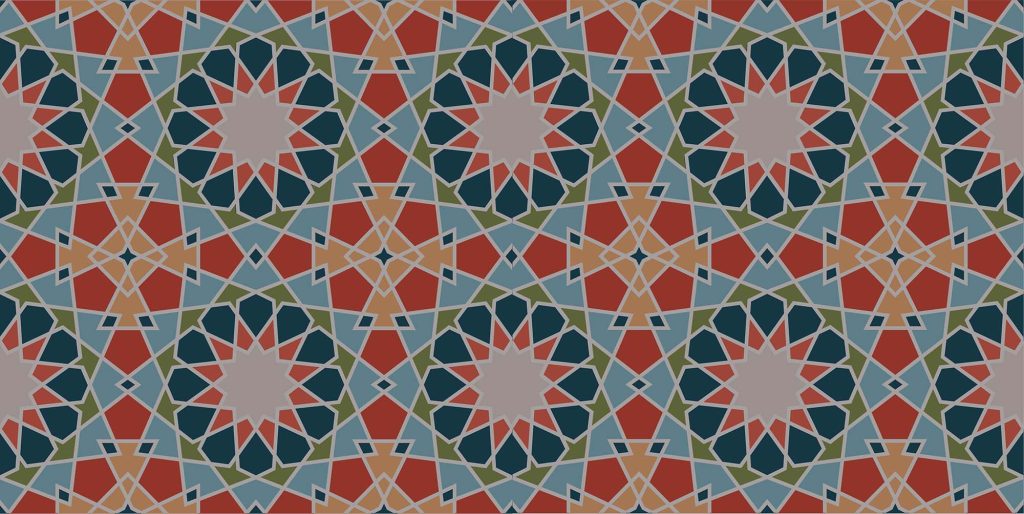
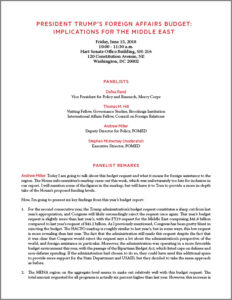 Despite substantial congressional opposition, the Trump administration’s second annual budget request once again calls for wide-ranging cuts to foreign assistance. What does the budget tell us about the administration’s priorities and approach to the region? What could be the impact of proposed changes and cuts on the U.S. relationship with the Middle East and North Africa, and for the state of human rights and democratic reform in the region?
Despite substantial congressional opposition, the Trump administration’s second annual budget request once again calls for wide-ranging cuts to foreign assistance. What does the budget tell us about the administration’s priorities and approach to the region? What could be the impact of proposed changes and cuts on the U.S. relationship with the Middle East and North Africa, and for the state of human rights and democratic reform in the region?